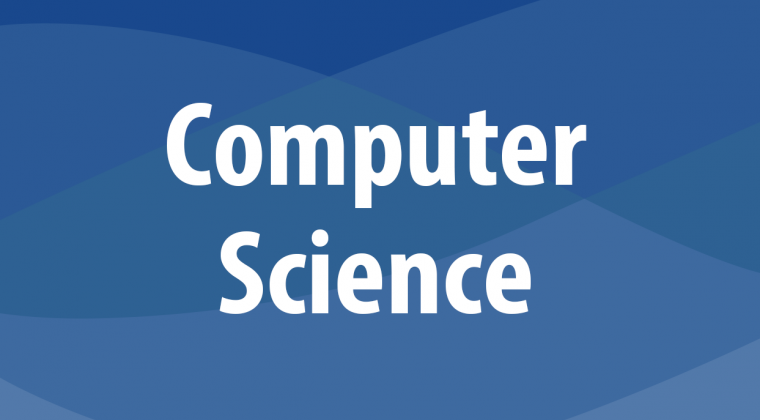Robert Beverly and Erik Rye
Naval Postgraduate School
Understanding efforts by community-driven on-line platforms to enforce legal and policy-based norms are especially timely as these services rise in prominence and importance. For instance, recent actions to curb toxicity in such platforms have driven debate on censorship, de-platforming, and the emergence of unrestricted alternatives.
In this talk, we present a data-driven analysis of toxicity in two on-line platforms: the fringe "dissenter" overlay and the widely used GitHub code collaboration service. Dissenter is a browser that provides a conversational overlay for any web page -- thereby removing the power of content creators to control conversation on their content. In our IMC 2020 work, we obtain the full history of Dissenter comments, users, and websites being discussed, and analyze more than 1.6M comments to characterize users, toxicity, and the conditional probability of hateful comments given website political bias.
Last, we describe our initial work in mining and characterizing non-inclusive language and toxicity in program code and commit messages as publicly available in GitHub. Rather than residing in a fringe community, toxicity in GitHub may have important implications to broadening participation in STEM.
Email Dena Peacock for Zoom link.
